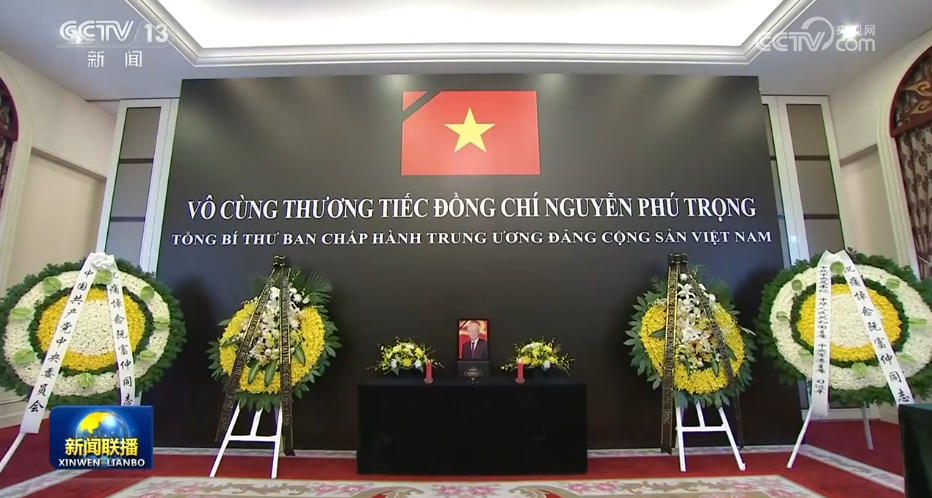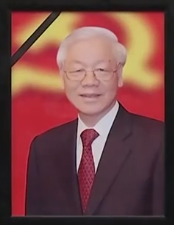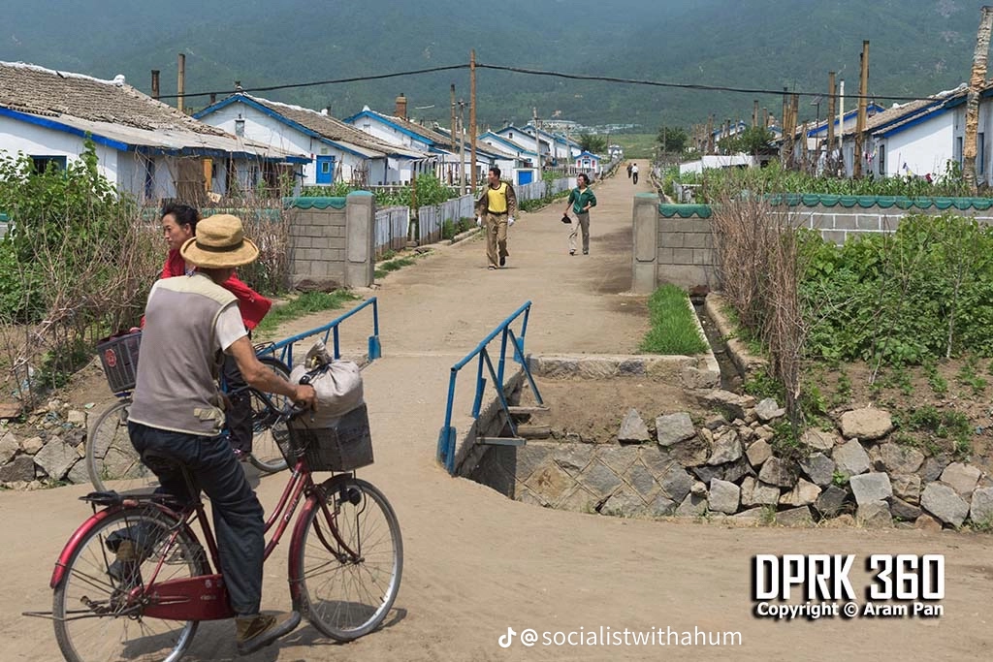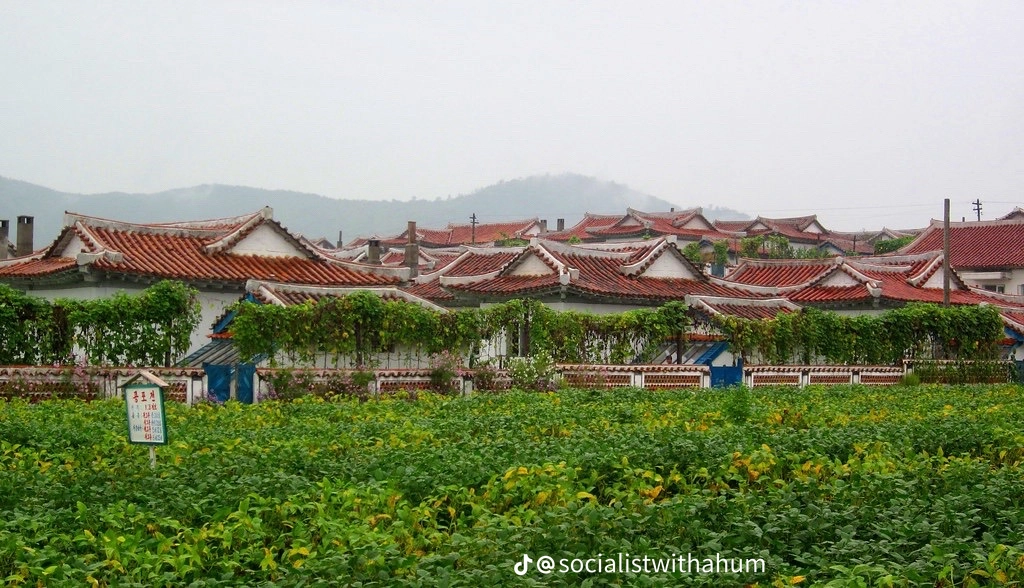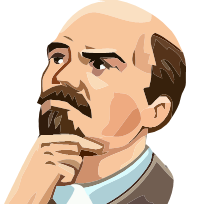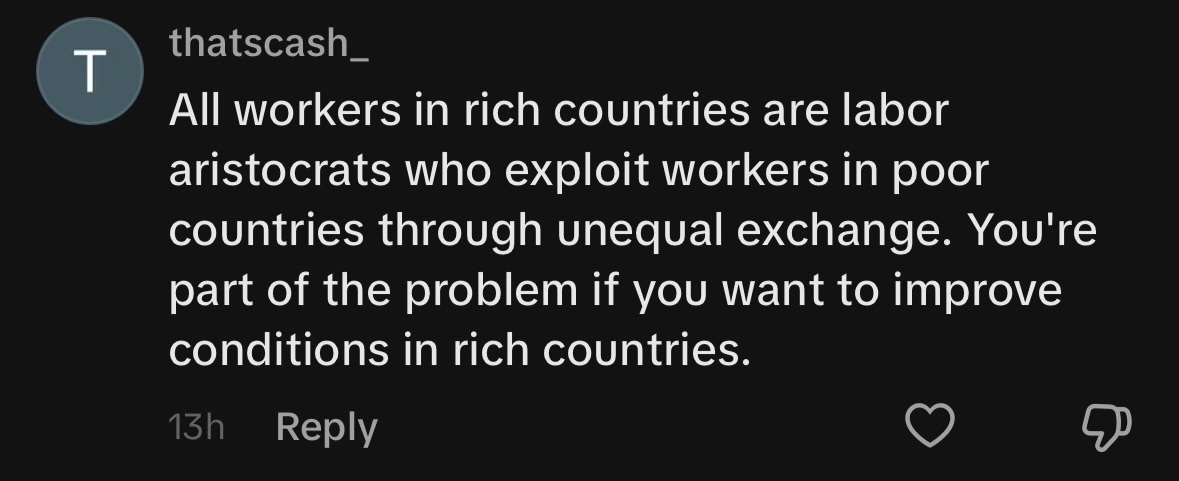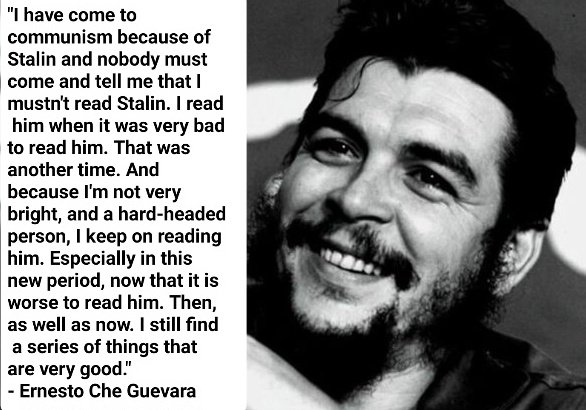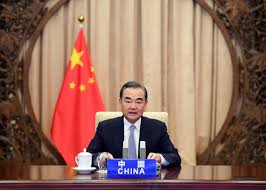Juche was inspired by Marxism-Leninism but not the same.
From what I understand from reading a few books on the subject, Juche seems to be an ideology that is supposed to be specific to socialism in the same way liberal ideology is specific to capitalism.
The fact is, most people don’t deeply care about economics and philosophy, most people aren’t going to sit around for hours and hours each day reading through hundreds of philosophical and socioeconomic textbooks to gain a deep understanding of these subjects.
Most people instead just form very general opinions. Capitalist societies thus focus on not propagating a very deep and complex philosophical and socioeconomic ideology, but a very simple one, liberalism, which talks vaguely about “individual freedom” and is easily understandable by the general public without having to read a single book on the subject.
Marxism is very very complex, and even in societies that try to teach in public schools, most people still don’t fully end up grasping it. It’s sort of like how people regularly say that they have forgotten all the mathematics or the foreign language they were taught to speak in public school, they only memorize certain phrases to pass their exams and then entirely stop caring to remember it once they graduate, because ultimately most people just don’t care.
Juche is supposed to a simpler ideology specific to socialism in the same way liberalism is a simpler ideology specific to capitalism, that is supposed to promote socialism not in terms of some deep complex socioeconomic and scientific theory, but in terms of a much simpler ideological formulation based on a few key principles which everyone can understand.
The main takeaway Juche has from Marxism is the idea of humanity “making their own history.” This was a term Friedrich Engels used to compare capitalist society to the potential future human society.
Before humanity came to harness fire, they could only react to fire. If they encountered fire in nature, they might run from it, but they could not control it. Over time, humanity has learned what causes fire, how to create it, and how to utilize it for human purposes.
You can think of electricity as well. Humanity used to just see lightning and run, or get a static shock and not be sure what caused it, and ignore it. They could only react to it. But as we’ve developed a greater understanding of electricity, we can now control it, to utilize it for the benefit of human civilization.
Engels had pointed out that there is a similarity between natural phenomena and social phenomena in this regard. In the same way that when humanity had lacked an understanding of natural phenomena and could thus only react to them, humankind does not fully understand its own social structure.
Take, for example, the laws of supply and demand. Capitalist societies do not fully grasp all the causes to supply and demand, and they thus are incapable of actually predicting them. As a result, individual businesses can only react to market forces. They do not control the market but instead react to changes in the social system that are far beyond their personal comprehension or control.
Things like this cause human societies to be somewhat “anarchistic.” Even the central government in capitalist societies cannot fully understand or predict what is going on capitalist societies, it instead just reacts to changes in the economic system and tries to make general corrections, but it does not control the economic system. As Engels once put it, "What each individual wills is obstructed by everyone else, and what emerges is something that no one willed."
The “anarchy of production,” in some sense, takes on a mind of its own. If you build a capitalist society, you cannot fully predict the outcome. It may sometimes grow, may sometimes crash, may lead to rapid industrialization, and may even lead to rapid de-industrialization. You just have to hope it turns out well.
A socialist system attempts to overcome this anarchy of production by making human economies deliberate. The whole socioeconomic sphere would be meticulously and scientifically planned from the ground up.
If, for example, you see a potato with a specific price in a store, the potato producer may say they set that price as a reaction to the market. The potato business themselves may have no idea why the market price of potatoes is what it is, but they don’t really even need to know, they just have to make sure they can sell at or below market price and balance their internal budgets, and they’ll be fine.
In a planned economy and socialist system, if you wanted to know the price of potatoes, you could pull up a spreadsheet of potato production that goes down its entire supply chain and all the resources that went into it and the algorithm used to compute all those resources and understand exactly why the potato was priced the way it is.
There would be no market it was reacting to, rather, the price would be deliberate, and there would be a full accounting of why the price is set to what it is.
The entire socioeconomic system would be deliberate, it would all be meticulously scientifically and rationally planned. The political system would not just be a body that reacts to changes in the economic system that are largely outside of its control, trying to nudge them in the right direction, but instead everything that occurs in the economic system would be a deliberate and intentional plan carried out by the political system.
This is what Engels meant when he talked about, in socialism, humankind would “make their own history.” The development of human societies would become something entirely deliberately carried out by the conscious will of humanity, rather than much of it being the result of unintentional developments outside of anyone’s control.
Korean communists particularly liked this notion because it fit in well with their strong beliefs of national liberation. Korea was colonized by Japan, and as Japan was falling, the USA invaded Korea and outlawed any attempt at forming a grassroots democratic government in Korea and began to carry out massacres against pro-democracy protestors (e.g. the Autumn Uprising), then established a puppet autocratic regime that would only increase the massacres against those who wanted democracy (see Bodo League Massacre, Jeju Uprising Massacre).
Korean communists did not want to be subjected to foreign powers outside of their control, they wanted the Korean people to, well, “make their own history,” and not have it made by foreign powers.
Even if the Korean communists managed to kick out the foreign imperialists, if they established a capitalist system, there is no guarantee the foreign imperialists could not take over the country through economic means, through buying up Korean means of production and subjugating the country through economic dominance.
This led to the “self-reliance” aspect of Juche, which is really just a rephrasing of the idea of the Korean people “making their own history.” Marxists see political power as ultimately resting in control over production, so the only way to make sure the Korean people, as a whole, can “make their own history,” is if the Korean people as a whole control their own economic base, i.e. the economy is controlled by the Korean public and not foreign countries or some elite faction of the Korean public, but the Korean people as a whole.
Juche basically takes all the complex ideas of Marxism-Leninism, the thousands of books about philosophical and socioeconomic writings, and puts these aside. The general public does not need to fully understand this, because from their point of view, if Marxism-Leninism is correct and correctly predicts that socialism is the next stage of human history, then rallying people around certain basic principles of socialism should be enough.
They instead take the idea of building an economy where the people are the creator’s of their own history, the “masters of their own destiny,” and make this the central point to rally upon. It simplifies socialism down to just the liberation of humankind, with the abolition of one class exploiting another, with one country exploiting another, and the replacement of all of this with a system in which everyone participates in creating their own future, in writing their own history.
The Juche idea is, in a word, an ideology that the masses of the people are the master of the revolution and construction and they have the strength to push them. In other words, it is an ideology that man is the master of his destiny and he has the power to carve out his destiny.
While it is inspired from Marxism, it is not Marxist, but its own independent ideology. It does not necessarily fully replace Marxism either, as people in Korea still study Marxism. However, Marxism is more-so relegated to the social sciences, it becomes not the ideological center of the state but instead something people study who are particularly interested in the social sciences, it becomes relegated to academia so to speak, while Juche instead has replaced Marxism as the ideological center of the revolution in Korea.
We have seen something pretty similar show up in many Marxist-Leninist states. Marxism-Leninism is so complex and so academic that it’s often supplemented with other ideologies because it is difficult to get the general population to fully grasp it. In Cuba for example, they ended up merging Marxism with “humanism,” where humanistic rhetoric tends to play a supplementary role in the state’s messaging in order to appeal to people in general. The Cuban constitution both describes the Cuban state as one working towards the construction of both “socialism” and “humanism” and that it follows “humanistic principles.”
Lenin himself in his book What is to be Done? had made it clear he didn’t believe the general public could come to easily understand the deep complexity of Marxist ideas because they were developed through academics who had spent their life researching the social sciences. He thus advocated that the socialist revolution would have to be led by a “vanguard party” where the people in the Party are compromised of those who have the deepest understanding of these ideas.
This inherently implies that there are gradations in society of how well people understand Marxism, with some people understanding it well, and some people not all, and many people in between, and that somehow the “vanguard party” has to appeal to the masses which, if the vanguard party is defined as those who understand Marxism well, then by definition the masses outside the party they are trying to appeal to don’t understand Marxism well.
This has lead every Marxist revolution to seek some way to resolve this contradiction, some way to build a socialist system with broad population support, where by definition only a subsection of the population even understandings the ideology the whole revolution is centered around.
Different socialist and communist parties have tackled this problem in different ways. In Korea, it has been tackled by replacing Marxism with a more general ideology that ultimately calls for the same end-goal but without all the complex academic baggage and that appeals to broad sentiments of the Korean people for national liberation and autonomy. In Cuba, they have tackled it by merging Marxism with other philosophical ideas so that they have a broader pool of rhetoric to pull from depending on who they’re talking to.
from this quora post

